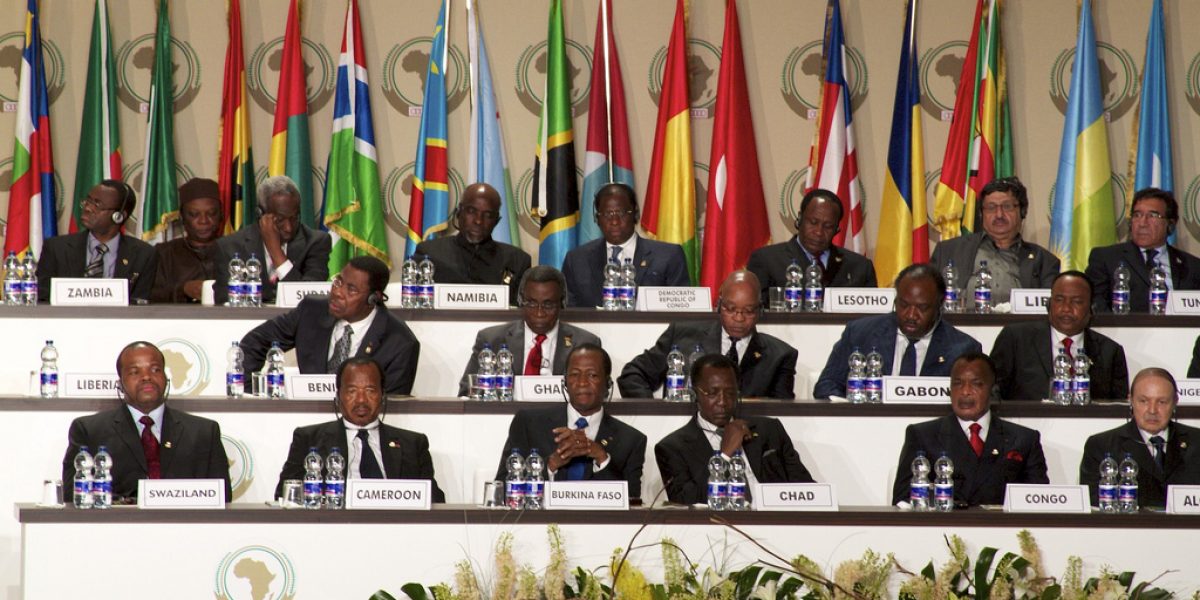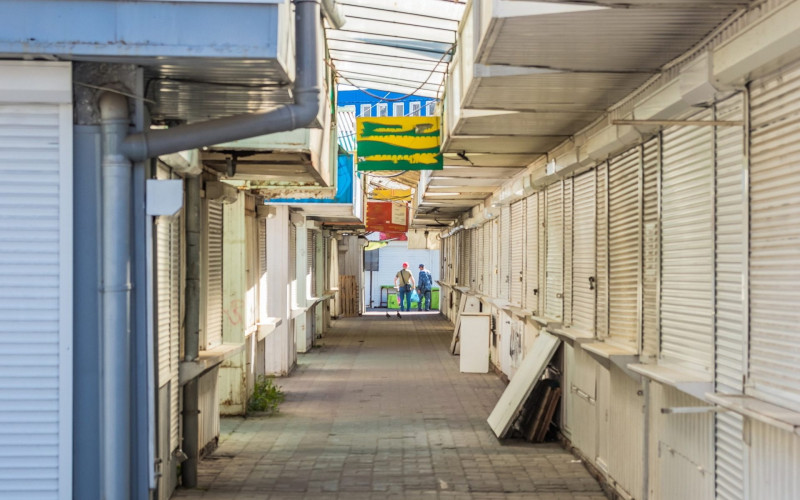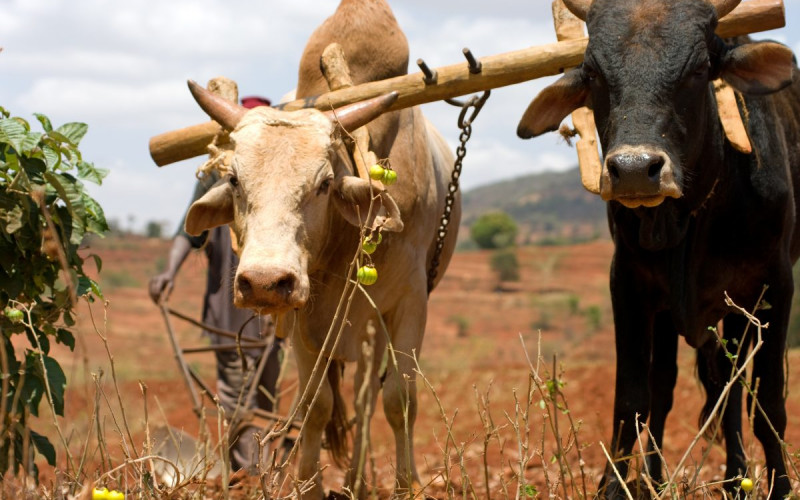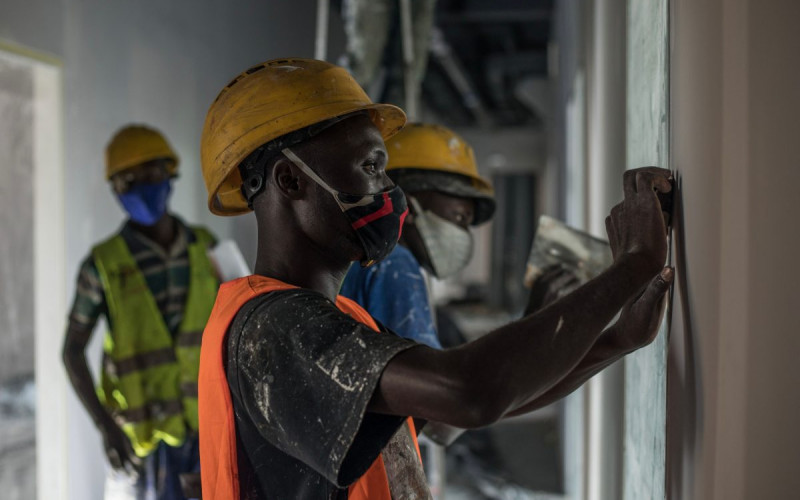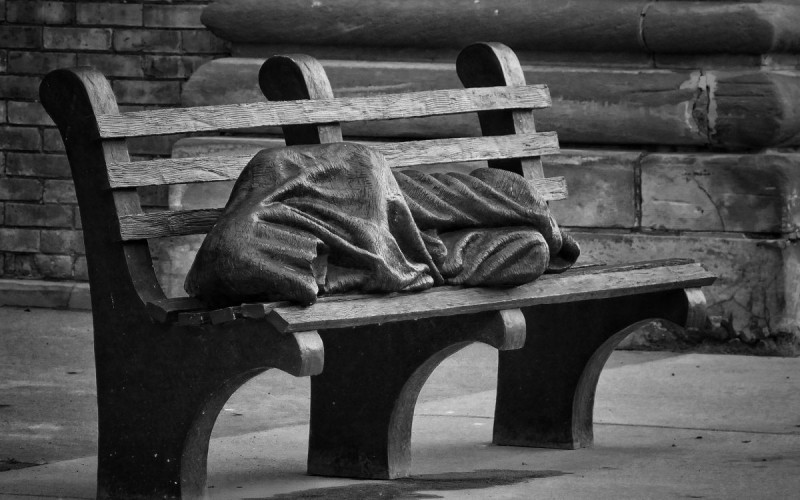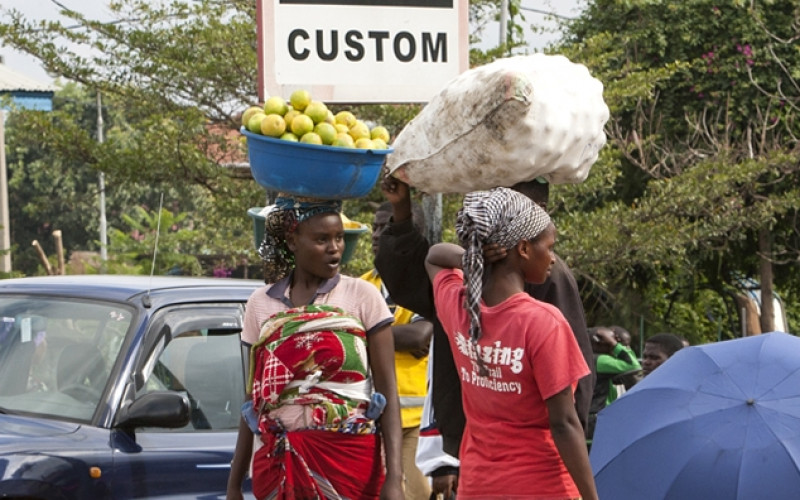Fortunately, not everyone thinks this way. The Commission for Africa believes Africa’s salvation is at hand, and that this year represents a golden opportunity to do something about the well-known ills tormenting the continent.
The commission is a UK initiative underpinned by the personal commitment of British Prime Minister Tony Blair, Chancellor of the Exchequer Gordon Brown and Secretary for International Development Hilary Benn. The commission proactively identifies Britain’s presidencies this year of the Group of Eight (G-8) and the European Union, as well as the United Nation’s review of the millennium development goals, as a rare chance to propel Africa to the centre of the world’s political agenda.
It intends to mobilise the global community to implement existing commitments towards Africa and garner support to realise the goals of initiatives such as the New Partnership for Africa’s Development (Nepad), the African Union (AU) and the G-8 Africa Action Plan.
While asking Africans what should be done, the major focus of the commission’s work is on what the global community should do to help develop Africa. In particular, it would lobby the richest countries to do three things.
First, to agree on a comprehensive financing programme: persuading other developed countries to declare their timetables on increasing development aid to 0,7% of national income; work towards achieving 100% debt relief; and double development assistance to fight poverty by immediately raising an additional $50bn a year through a new international finance facility.
Second, through the facility make progress towards the millennium development goals on health, education and halving poverty.
Third, to ensure that the Doha multilateral round of trade talks is in the interests of poor countries.
Notwithstanding the commission’s indisputably noble objectives, there are suspicions about the real motives behind it. Conspiracy theories abound as Africans ask themselves if this is about Africa’s development or a mere ploy by Blair to regain popularity after the Iraq misadventure. The prevailing view, however, is an encouraging one: undisclosed motives (whatever they are) are not an issue as long as Africa gets the advantage.
The extent to which the plan can work is perhaps the most disturbing issue. A challenge the commission acknowledges is that of coming up with programmes of action that are ambitious enough to make a difference to Africans, but that are not so radical to be considered politically undeliverable by donor countries.
Consensus on the proposed financing programme would at best not be easy to strike. It is highly unlikely all G-8 countries (or the key ones for that matter) would commit to the 0,7% gross domestic product target or total debt cancellation any time soon. The UK itself will reach that level only in 2013, just two years before the millennium development goal deadline.
Only Denmark, the Netherlands, Luxembourg, Sweden and Norway have made good on that promise.
To compound the situation, some key G-8 members, such as France and Germany, are experiencing budget constraints with their deficits going beyond limits imposed by the European Commission’s growth and stability pact. It would take a great deal of political will for these countries to make binding commitments of a resource-intensive nature. The US is not in a better position. With Iraq war spending and last year’s $412bn budget deficit to worry about, it is unlikely to prove generous.
Personal vanities of world leaders could prove another obstacle.
This also applies to domestic politics. For instance, some commentators have cited the much- rumoured rivalry between Blair and Brown as potentially disastrous to the commission’s vision. Moreover, donor countries sometimes prefer unilateral aid programmes predicated on their strategic interests, and not the needs of poor countries.
Considerable progress may, however, be realised in the area of trade. Sustainable development efforts in Africa are to a large extent undermined by many donor countries’ domestic economic policies, such as agricultural subsidies, tariff escalation and dumping. Commission proposals on global trade reform might resonate with Africa’s position and consequently curtail scepticism about the Doha round.
Recognising the disparate effects of proposed trade reform on individual African economies, the commission promises to back trade adjustment, including the protection of the poor and vulnerable; while advocating the reduction of first world subsidies, elimination of nontariff barriers, enhanced preferential access to developed markets, support of trade facilitation measures and regional integration.
This is clearly an area where market access and aid are complementary. Considering the complexity of impediments they face (supply-side constraints constitute the biggest hurdle to most of these countries) most sub-Saharan African countries need aid to trade their way out of poverty until they reach a level of competitiveness.
Most developed countries consistently claim not to have any qualms about assisting the poorest to trade in the form of both favourable market access and capacity building provided such support does not extend to advanced developing states. The commission would ultimately test the veracity of such claims. If it plays its cards well we may see more and improved (that is, with flexible rules of origin and wider product coverage) schemes such as the US African Growth and Opportunity Act (Agoa) coming Africa’s way.
The major challenge for donor country leaders would be to rise above the protectionist forces at home to push through Africafriendly reforms. This would not be that easy for politicians, but with sufficient political will it can be done as Agoa demonstrates.
Formidable, though surmountable, challenges lie ahead. Even if developed countries were to support this cause, other non-African developing countries may challenge Africa’s favourable treatment in the World Trade Organisation depending on the nature it takes.
Finally, with cautious optimism, Africans must continue to engage the commission and seize this opportunity to transform the fortunes of the continent. Needless to say, outside help is by all means necessary but not sufficient. It is what Africans themselves do that will decide if Africa’s time has come.

